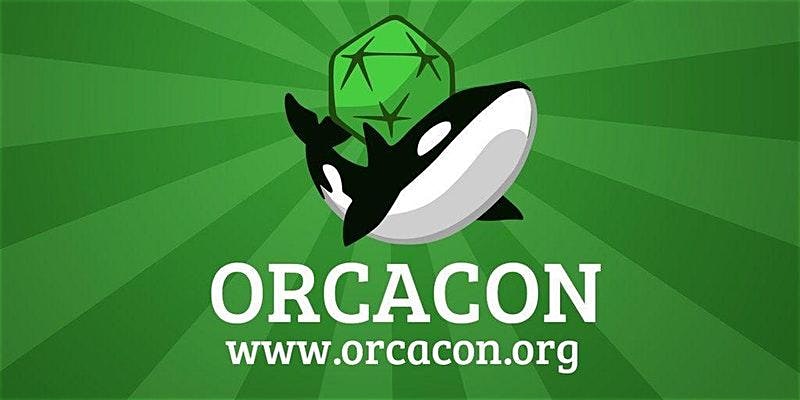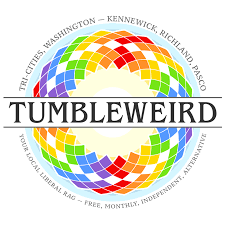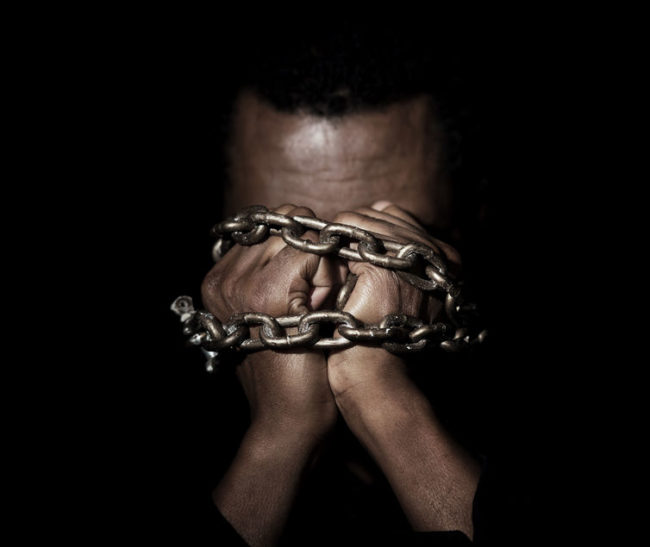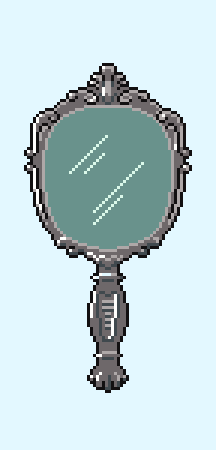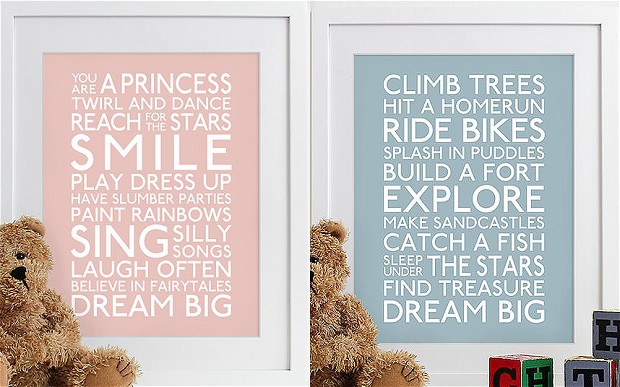We don’t need another white woman talking about race so that she can prove to people that she’s not racist. That’s not what this post is about. If you’re reading this so that YOU can feel secure about your lack of racism, this post is not for you.
So why am I talking about race?
Ijeoma Oluo, someone I will mention more than a few times below, says:
We have a real problem of racial inequity and injustice in our society, and we cannot wish it away. We have to tackle this problem with real action, and we will not know what needs to be done if we are not willing to talk about it.
… The alternative is your complacency in the continued oppression of people of color. … And if you are white, and you don’t want to feel any of that pain by having these conversations, then you are asking people of color to continue to bear the entire burden of racism alone.
So let’s talk about it.
Hi. I’m a white woman.
While I’m much more in the cis female part of the spectrum, I’m gender nonconforming, but I have never had to worry about the kinds of things my trans friends have had to worry about, so I’m counting my gender identity as a privilege.
Although I am queer, I am also married to a straight, cis, white male, so most people assume I am straight also. That’s another privilege box checked.
Like I said, my husband is white, straight, and cis, so I’ve never had to deal with assholes who treat us badly because of their hateful bigotry around race, sexual or gender prejudices. Check, check, and check.
Privileged AF
Here are the things that have never happened to me. No… more than that. Not only have they never happened to me, I have never thought about the possibility of them happening to me.
I have never:
- had the cops called on me because I was waiting to meet someone in a coffee shop (or sitting anywhere, minding my own business).
- been made to feel unwelcome because of my appearance or accent.
- had someone mistake me for “armed” because I was holding a phone or other non-weapony object.
- been asked to step out of the car for no reason when I get pulled over.
- been asked not to attend an activity because I am of mixed race.
- had people assume I am aggressive or dangerous because of the color of my skin.
- been asked by an employer to straighten my hair so that it looks more “professional.”
There are so many more things that I’ve been automatically opted out of because of my privilege. Too many to list.
But here’s the important takeaway: These are all things that happen to people of color ALL THE TIME. And while I’m horrified by the stories I hear about the racist shit people say and do, my friends of color never seem surprised. They have lived with prejudice all of their lives.
They know racism. As much as I read/hear about it, I can never understand what it’s like to live as a person of color in the United States.
My very limited experience
I lived in the Dominican Republic for roughly two and a half years in the Peace Corps. Aside from the initial training, and the last six months in which I lived in the capital, all of my time was spent living in Jima Abajo, a very small inland pueblo.
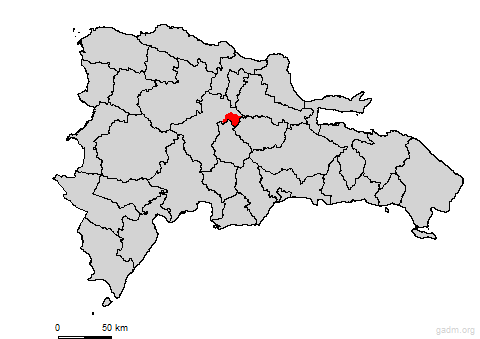
No one there spoke English, and most of the people living in Jima Abajo had never seen a white person face-to-face.
(To be clear, I am not suggesting that being white in the Dominican Republic is like being Black in America. I wasn’t stuck in a racist system that took away my opportunities and rights. When I say that my experience is very limited, I mean it. I was still privileged as fuck, even when I felt like an outsider.)
There were a lot of preconceived beliefs about white people that I worked to overcome, with very little success. For instance, a single woman living alone was considered to be a prostitute. A woman with tattoos was thought to be “wild” or at least not a good person. Because of things they had seen in movies, many Dominicans thought that white women were very “loose” in general. These are only examples, but they helped inform the greater trend toward my dehumanization, which had some pretty devastating effects on me.
I’m talking about the Peace Corps because it was one of the few times in my life when I stuck out in a crowd. Attention was constantly being given to me based on the color of my skin, eyes, and hair. It felt embarrassing, and sometimes dangerous, to walk down the street looking like me. I was so conspicuous.
But here’s where the similarity ends: Most of the attention I got was positive, or at least well-intentioned. Kind of. I mean, most Dominicans consider light skin, light-colored eyes, and straight hair to be pretty. That’s a whole other thing to unpack—how the beauty ideals of Spanish colonialists are still at work in the Dominican population—so even though I was a minority as a white person, I embodied an aesthetic considered “beautiful,” which differentiated my experience from what people of color experience here in the United States.
The attention my friends of color tend to get in the United States is rarely positive. And like I said, even if it’s well-intentioned, it’s uncomfortable to be the center of attention for something immutable about your appearance. Non-white ethnicities are sometimes even fetishized for their appearance, which can go beyond making them feel uncomfortable, and put them in danger.
I was talking with a friend recently about how isolating it feels for them to be the only person of color in a group of white people. They said it’s probably akin to how it feels for me to be the only woman in a group of men. I appreciated that comparison, and I have definitely felt discomfort in that situation in the past, but I’m sure there are differences that I’ll never fully understand or experience.
I know that women have been the targets of terrible injustices over the centuries, and I’m not minimizing that. But white women have never, as a whole people, been kidnapped from our homes and brought overseas like cargo to be sold into slavery. We have never had strangers from afar push us out of our homes and relocate us to reservations. We have never been the victims of genocide.
So, yeah… not exactly the same.
What now?
I don’t know.
What I do know is that white people won’t have the answers on what to do about racism.
I’ve read Ijeoma Oluo’s book, So You Want to Talk About Race.
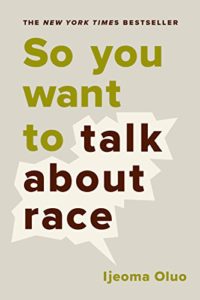
It’s been challenging, in all the right ways. The more I learn about race, the more I realize my own ignorance about the topic. That is a good thing. We privileged folk are unaware of a lot of systemic racism because it is so ingrained in our culture that it’s invisible to us. We need to gain awareness! And I mean that we need to gain it constantly. There will always be more to learn.
It’s not enough to “be woke” and “stay woke”… we need to keep waking up every fucking day.
One last thing. How can we be allies?
I don’t have the answer. That’s a question with no single answer, but I’ll list a few things I’ve learned, and link some resources. I hope they’re a little bit helpful.
- Listen to people of color, listen to women, and listen to people in the LGBTQIA+ community when they talk about their experiences. Believe what they say. Understand that when race intersects with gender, ability/disability, and other factors, people have to contend with different (or more complex) bigotries.
- Stop trying to prove you’re not racist/sexist/other-ist. It’s not about you. Being defensive is no way to be an ally.
- When you see bigotry happening around you, pay attention. If it is dangerous or inappropriate to step in, record the incident on your phone. Sometimes simply standing near the person being targeted is helpful.
Here are some resources that may also be helpful:
This is a video that was created for the post-Brexit UK:
5 Ways to Disrupt Racism
Racist attacks are on the rise. This short film from VideoRev offers five practical ways you can help combat racism and be an ally in times when people are under attack.
Posted by Films For Action on Thursday, October 20, 2016
The Nod is a great podcast that “tells the stories of Black life that don’t get told anywhere else”:
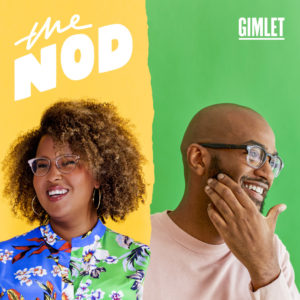
There are a ton of articles out there on the subject of being an ally, but here are a few of Ijeoma Oluo’s:
So You Want to Fight White Supremacy
White People: I Don’t Want You To Understand Me Better, I Want You To Understand Yourselves
What have you learned? Do you have any resources to share?

